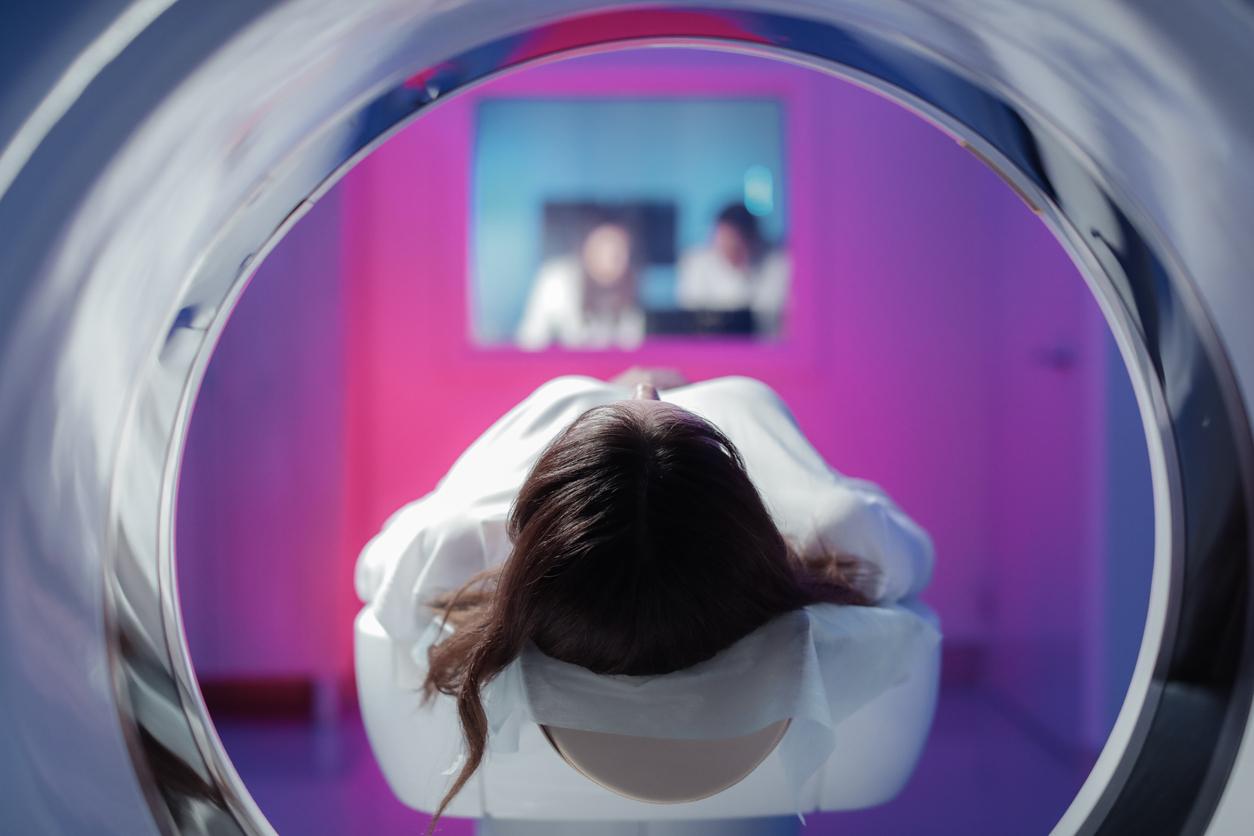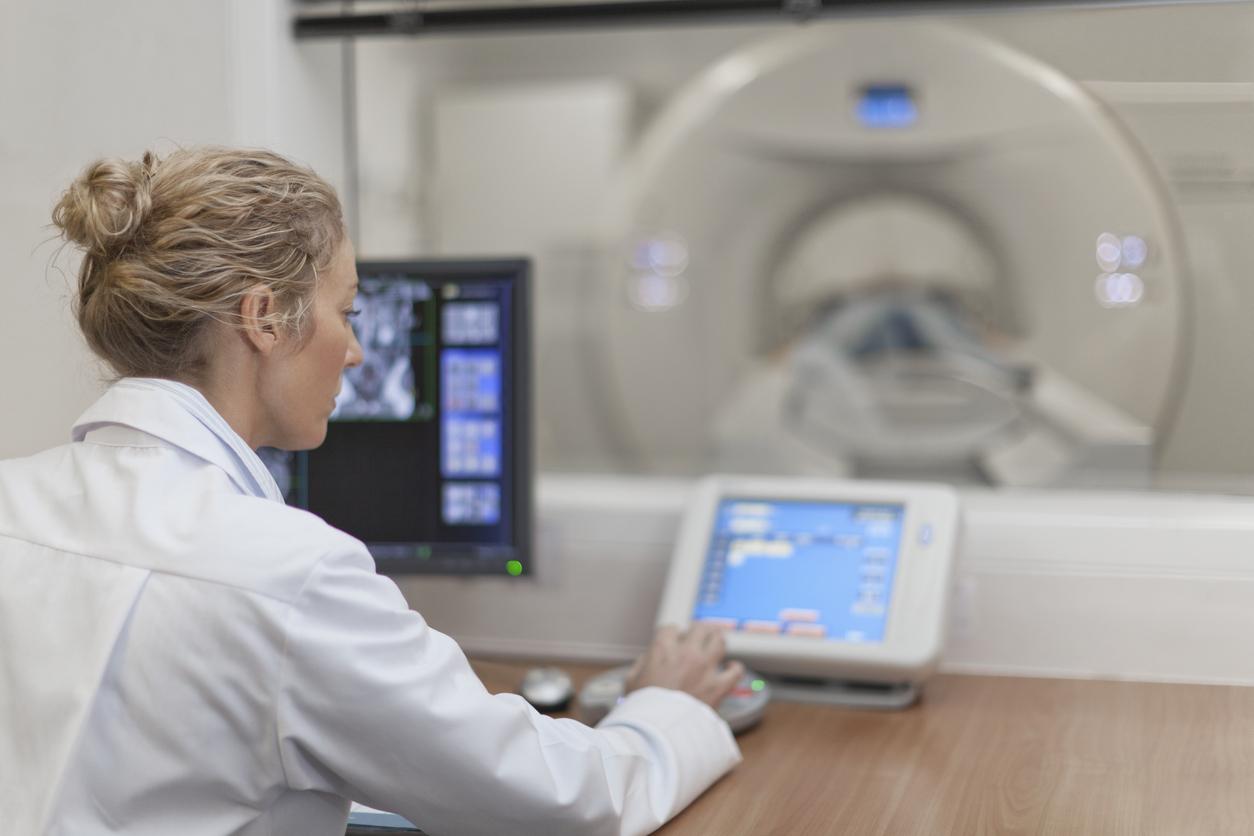To avoid unnecessary medical acts, the Academy of Medicine wishes to educate the population. And proposes a reform of medical studies, and a better organization of care.

“Medical progress is constant, often spectacular but the inflation of expenditure is continuous …”, recalls Professor René Mornex, who continues his crusade in favor of the relevance of medical acts to the‘Academy of Medicine. Too many medical acts are performed outside of the recommendations: either for lack of recommendations, or at the anxious demand of patients or as a precaution in order to cover themselves legally in the event of possible complications. The observation has been made.
Today, the Academy of Medicine wants to make things happen “Do not do more, but do better and be aware of the costs. The relevant medical strategy consists of prescribing and scheduling each procedure in an appropriate order, adapted to each clinical situation, taking into account the availability of health resources, in a spirit of efficiency. This is the credo of Prof. René Mornex.
For the Academy, this problem should not only be treated by health professionals but also by the population. “Medical consumerism is an increasingly strong trend in the population, it can take many forms such as saying” I paid, I am entitled “! »Underlines Professor René Mornex. There may also be a legitimate requirement for speed in the search for the right strategy. “This impatience can encourage the doctor to order certain examinations without having taken the time to make a serious evaluation of their relevance”, admits this specialist. To raise public awareness, like what has been done by health insurance on antibiotics “which are not automatic”, the Academy is asking the public authorities to launch a major information campaign.
For healthcare professionals, the honorary dean of the Lyon Faculty of Medicine is proposing some reforms, particularly in medical studies. He wants students’ exams to take into account the notion of relevance of acts. Then, it asks the Haute Autorité de santé (HAS) to develop its recommendations for good clinical practice. A work that HAS has already launched. “We have been contacted several times either by the Ministry of Health or by health insurance, on subjects relating to the relevance of either hospital stays or surgery, confirms Thomas Le Ludec, director of improvement. and the quality of care at HAS. For example, we were asked to define the indications for appendectomy, to define indications for surgery for obesity in adults. “
Avoid unnecessary cesarean sections
Following this work, recommendations were published for appendicitis operation, gallbladder removal… And HAS does not stop at publishing best practice recommendations. This is the case for scheduled cesarean sections. In April 2012, with the learned societies of gynecology and obstetrics, she formulated recommendations to enable physicians to make the right choices. From now on, a caesarean section is not compulsory if you are expecting twins or if you have already given birth by caesarean section. Another novelty: the birth weight. If you expect a baby over 5kg, cesarean section is recommended. On the other hand, between 4.5kg and 5kg, this is discussed on a case-by-case basis. “We went further than simply publishing good recommendations,” explains Thomas Le Ludec, director of improvement and quality of care at HAS. We have implemented a practice evaluation program with very specific indicators, which should help professionals to self-assess and take corrective measures. This program is now deployed in fifteen regions with the support of perinatal networks and regional health agencies. “
Listen to Thomas Le Ludec, director of improvement and quality of care at HAS. ” We have developed a dynamic with the perinatal networks. “
Like this HAS program, establishments have also taken initiatives in this area. At the Toulouse University Hospital, multidisciplinary consultation meetings, established in oncology by the Cancer plan of 2003, have been developed in other areas of activity. “There are more than 70 multidisciplinary meetings excluding cancer, for example for thrombotic vascular pathologies, for pathologies of the renal arteries in the context of arterial hypertension, etc. It is a very powerful tool for developing quality and ‘ask about the relevance of procedures and examinations. During these meetings, doctors examine the situation of patients on a case-by-case basis to ensure that the right care is given. This gives the establishment a real dynamic ” , testifies Professor Bernard Pradère, the president of the medical commission of the Toulouse University Hospital and digestive surgeon.
Another initiative, in the resuscitation center of the CHU, “an educational process was launched to assess the relevance of the biological examinations which are urgently requested, this made it possible to reduce the use of very sophisticated and very expensive examinations, and ‘establishment was able to save 5 or 600,000 euros in one year “, testifies Professor Pradère. Same type of initiative for bedside imaging examinations, the establishment was able to halve the number of chest x-rays. An interesting result not only economically but also for the health of patients because they are less irradiated.
Listen to Professor Bernard Pradère, digestive surgeon and president of the medical commission of the Toulouse University Hospital. “The advantage of dividing the number of chest x-rays is to reduce artificial radioactivity and of course to less irradiate patients. “
The Academy of Medicine also emphasizes the organization of care. “Medical imaging deserves a reorganization, defends René Mornex, the organizational logic should be by organ and not by machines: the MRI fleet must be increased in a network of skills, with common platforms between the public and the private sector around the same body, and with the possibility for difficult cases of multidisciplinary meetings. “
It also points to the remuneration of medical activities. “Some drifts are due to the fact that technical acts are sometimes better paid than intellectual acts, it is certainly necessary to restore the balance and make the most of the time for reflection,” estimates Professor René Mornex. Last point, which will not please the doctors, it is a call of the foot to the health insurance to strengthen these controls with the practitioners. “It would perhaps be useful for the social security system to be based on more experienced, more specialized contacts,” underlines Professor René Mornex. It could also use non-medical representatives to inform doctors about changes in texts and recommendations ”.
.















